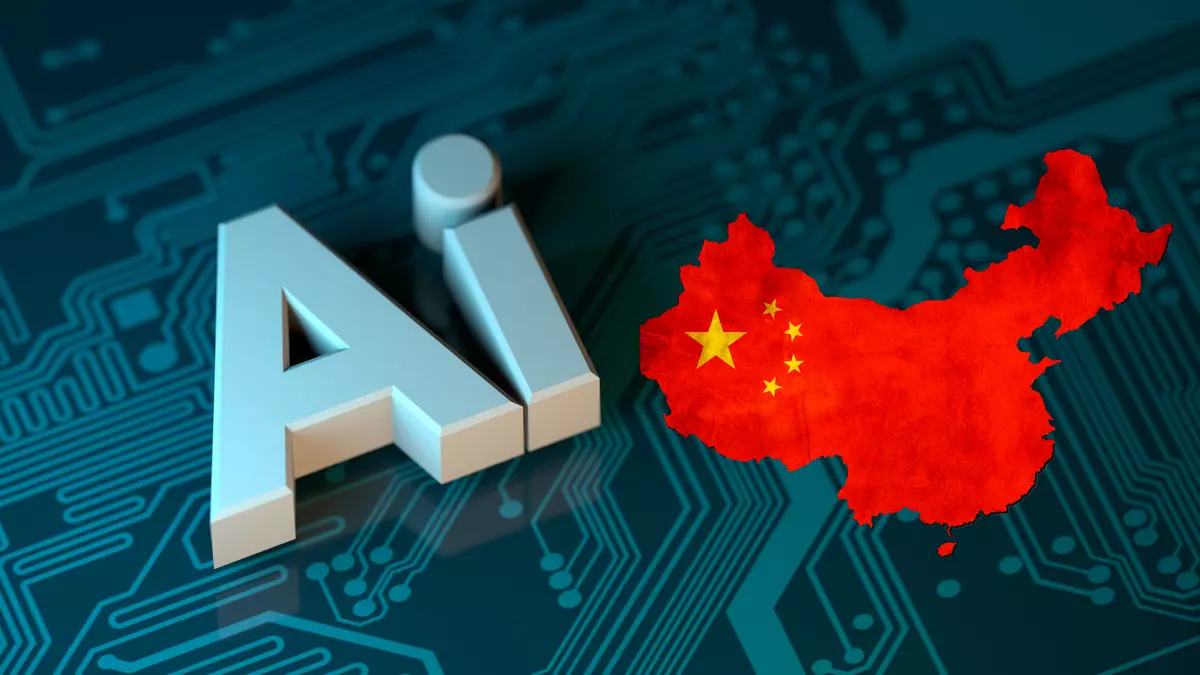Introduction
In the ever-evolving landscape of technology, artificial intelligence (AI) stands out as a transformative force driving innovation and reshaping industries. Recognizing the pivotal role of AI in fostering growth and competitiveness, China has taken proactive steps to level the playing field for China’s burgeoning AI start-ups with computing vouchers. One such initiative involves providing “computing vouchers” to underpowered start-ups, offering them subsidized access to essential cloud computing resources for training their AI products.
This move comes amidst escalating chip restrictions imposed by the United States, which have posed challenges for Chinese tech companies seeking access to critical AI-training computing resources.
Follow us on Linkedin for everything around Semiconductors & AI
Rising Demand for AI Computing Resources
The rapid advancement of AI technology has fueled a surge in demand for computing resources, particularly for training large language models (LLMs) and other AI-driven applications.
However, stricter controls on chip exports to China by the US government have exacerbated the scarcity of these crucial resources, prompting internet giants like Alibaba, Tencent, and Byte Dance to prioritize internal usage and restrict access to external clients.
This trend has left many AI start-ups struggling to secure the computing power necessary for their development and innovation efforts.
Read More: History of VLSI: Transistor to System-on-a-Chip – techovedas
China AI Start-ups Computing Vouchers
China is rolling out a program to help address challenges faced by AI start-ups by offering them “computing vouchers” [BNN Breaking]. This initiative tackles two main hurdles:
- High Costs: Training AI models requires significant computing power, which can be expensive for young companies. Vouchers, valued between $140,000 to $280,000, can significantly reduce this financial burden [BNN Breaking].
- Resource Scarcity: There’s a global shortage of certain high-end chips, crucial for AI development. The US chip ban on China adds another layer of difficulty. Vouchers provide access to cloud computing resources and potentially alleviate some of the pressure on chip availability [BNN Breaking].
These vouchers serve as subsidies aimed at alleviating the rising data center costs incurred by AI start-ups.Moreover, typically valued between $140,000 and $280,000, these vouchers can be redeemed for computing time in AI data centers, enabling start-ups to train and run their AI models more effectively.
By offering financial assistance, the Chinese government aims to empower AI start-ups and foster a conducive environment for technological innovation and growth.
Read More: 9 Waves of Innovation: A Deep Dive into the Semiconductor Industry’s Journey – techovedas
China AI Start-ups Computing Vouchers: Challenges
While computing vouchers offer a much-needed reprieve for AI start-ups, they only address part of the problem.
Despite the subsidies, the scarcity of computing resources remains a significant challenge, particularly in light of stringent US chip restrictions.
Additionally, there are eligibility criteria and requirements for voucher applicants, such as minimum revenue thresholds or participation in government-sponsored research projects.
Nevertheless, the vouchers represent a step in the right direction towards supporting the development and expansion of China’s AI ecosystem.
Government Initiatives and Industry Developments
In addition to providing computing vouchers, the Chinese government has been actively pursuing initiatives to bolster the country’s AI capabilities and infrastructure.
This includes the establishment of state-run data centers and online platforms where AI companies can rent computing power.
Furthermore, Beijing is working to promote the use of domestic chips in AI applications, aiming to reduce dependence on foreign components and enhance national technological sovereignty.
Read More: How Intel won the race to develop first microprocessor
Conclusion
China’s initiative to provide computing vouchers to AI start-ups underscores its commitment to fostering innovation and technological advancement in the AI sector. By addressing the challenges of accessing computing resources, these vouchers empower start-ups to pursue their AI ambitions and contribute to China’s broader goals of becoming a global leader in AI technology. As the AI landscape continues to evolve, initiatives like these play a crucial role in shaping the future of AI innovation and development.
In summary, China’s AI push, exemplified by the provision of computing vouchers to start-ups, reflects the country’s strategic vision for harnessing the transformative potential of AI and driving sustainable growth in the digital era.




